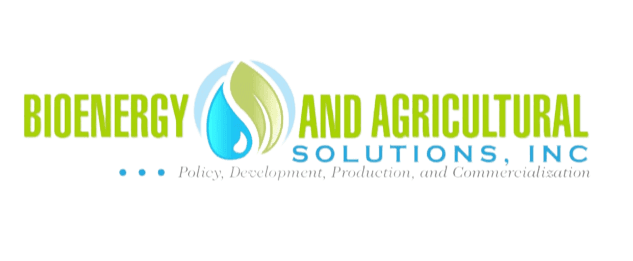The Problem

Developing countries have been surviving the shortages of food, water, and natural, economic, and human resources for decades each one of which needs to be eradicated at length. However, in recent years, the growing population in these areas, and an increasingly large number of people relying on agriculture for their everyday needs is the major reason why agriculture is one of the most important sectors in developing countries today. According to an estimate, 3 out of 4 people living in poverty have incomes tied to agriculture. This makes agriculture one of the most in-demand professions in the developing world.
Given the growing populations, it is immensely needed that the current production of food is scaled up manifolds. This is not a one-step-does-all process. As production increases, there is an increased demand for processing units for food products. Consequently, the need for the means of transportation also amplifies. Thus, increased food production becomes the founding stone of a chain reaction for increased economic activity and development in the area. Although it can be a breakpoint for the developing nations but it entails a greater cost.
According to the Food and Agriculture Organization (FAO), at least 70% more food will be needed to be produced on the same amount of agricultural land that exists today. This highlights the importance of increasing food production in the developing world since they are the most hit countries by the growing population problem. This may sound impossible to be done humanly, but technology comes to the rescue here. Advanced agricultural technologies, greenhouses, innovative agro-solutions, cutting-edge food production, and processing units can resolve the problems in the scaling-up process. However, it requires a great amount of responsibility and forethought before any country can jump to the agricultural technologies because climate change and greenhouse emissions pose a great threat to our beloved mother Earth and there is no way we can compromise on the existence of our planet.
Climate change and greenhouse emissions are not the only challenges the agriculture sector has to face as part of its scaling-up process. There is also the problem of agricultural waste and that generated in the processing of agricultural products that would need to be addressed in environmentally friendly ways.
The solution to these problems lies in the adoption of clean energy and green processing technologies. Not only would these two things enhance the food production but also would add value to the processed commodities earning better returns to the poor farmers in the developing world supporting them economically and decreasing their reliance on agriculture and fossil fuels. However, certain barriers hinder the integration of clean energy and green processing technologies in agricultural development. Limited access to the respective equipment, little knowledge about these innovative processes, and how it benefits the environment are among the root causes of inefficient practices. Lack of capital on part of the farmers and lack of debt and equity faced by the enterprises looking to support these farmers and other end users aggravate the problem of low demand for clean energy and green technologies.
Find Out More
Get in Touch
Whether you have questions, need more information, or want to explore how our innovative and sustainable solutions can benefit your business, fill out the form below. Our expert team is here to provide personalized support and guide you toward a greener and more productive future.
